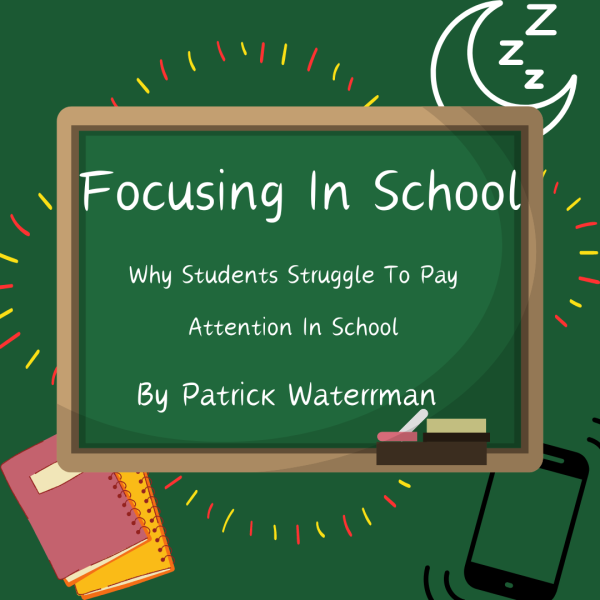Should We Change the Clocks?
March 3, 2022
For
Guys, it is the second Sunday in March, do not forget to spring forward tonight!
First Sunday of November, time to turn the clocks forward. Woohoo, extra sleep!
Changing the clocks is important. It creates a differentiation between the seasons. People get to look forward to summer because of the long evenings, and the winter for early winter sunsets in the dark. The fact is, keeping it one or the other for the entire year would cause many problems.
Whether you keep it Daylight Saving or standard time, it is fun to have an extra hour of sleep when you change the clocks. Just like it is exciting to have your first long sunny day of spring after a cold winter.
What kind of fun would it be if the sun was still out and shining after you left grandma’s house on Thanksgiving?
What kind of fun would it be if it was dark at 4:00 pm when you wanted to have a summer barbecue?
Changing the clocks makes the line between the seasons. It shows change and opportunities for new routines and plans.
Universally, Benjamin Franklin is credited for the idea of changing clocks. During the years of World War I, it was utilized to conserve fuel.
In addition to being a good mental reset to the start of the seasons, experts suggest that daylight savings time is a good reminder for people to check vital safety equipment like smoke and carbon monoxide detectors.
In conclusion, changing the clocks is an exciting part of the year. It gives a chance to change a person’s day-to-day, and do something spontaneous during the day in winter to really appreciate the sunlight. Or stay outside all day in the summer and enjoy all of the time. Changing your clocks means new opportunities, and new opportunities mean chances for growth.
Against
Changing the clocks twice a year isn’t a big deal right? Phones do it automatically at 2:00 am, so it may seem like nothing much. Though most people don’t have to manually change the clocks (aside from microwaves, stoves, etc.) in this modern age, daylight savings time does unfavorably disrupt humans’ sleep patterns, change daily routines, and is just overall unconventional.
In a poll posted on the GL Comets’ Tale Instagram, asking if Daylight Saving Time should be “kept” or “trashed,” 60% of the students polled said that Daylight Savings should be eliminated.
“Daylight savings is essential but can mess up someone’s sleep patterns and can drop productivity!” Said Anisa Hassouna, GLHS Junior.
Whether the time is jumping forward or falling back, Daylight Saving Time changes the amount of sleep people get, therefore changing their circadian rhythm. This can cause many problems throughout the day, other than just being tired. Lack of sleep or lack of rhythm can weaken the immune system, create groggy mornings, and stress people out in general.
“The consequence of that is that the majority of the population has drastically decreased productivity, decreased quality of life, increasing susceptibility to illness, and is just plain tired,” said chronobiologist Till Roenneberg to National Geographic in 2010.
Decreased productivity in a workplace amounts to a loss of income too, if something doesn’t get done, someone will have to pay for it.
In addition, a groggy morning can lead to unsafe driving conditions. Nuremberg Law associates noted a 6% increase in car accidents the week after daylight savings time. This is something that can be easily prevented if Daylight Saving Time was stopped.
Not only that, but a farmer doesn’t wake up at a specific time, they wake up before dawn, and dawn is not changed by changing the clocks. When caring for animals, it is important to stay consistent when feeding them. This is because an animal’s schedule doesn’t revolve around a clock like humans, and won’t change their schedule for DLS.
When it boils down to it, who wants their schedule messed up? Sure, the extra hour of sleep in the fall is great for the day, but is it worth the loss six months later?











